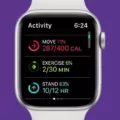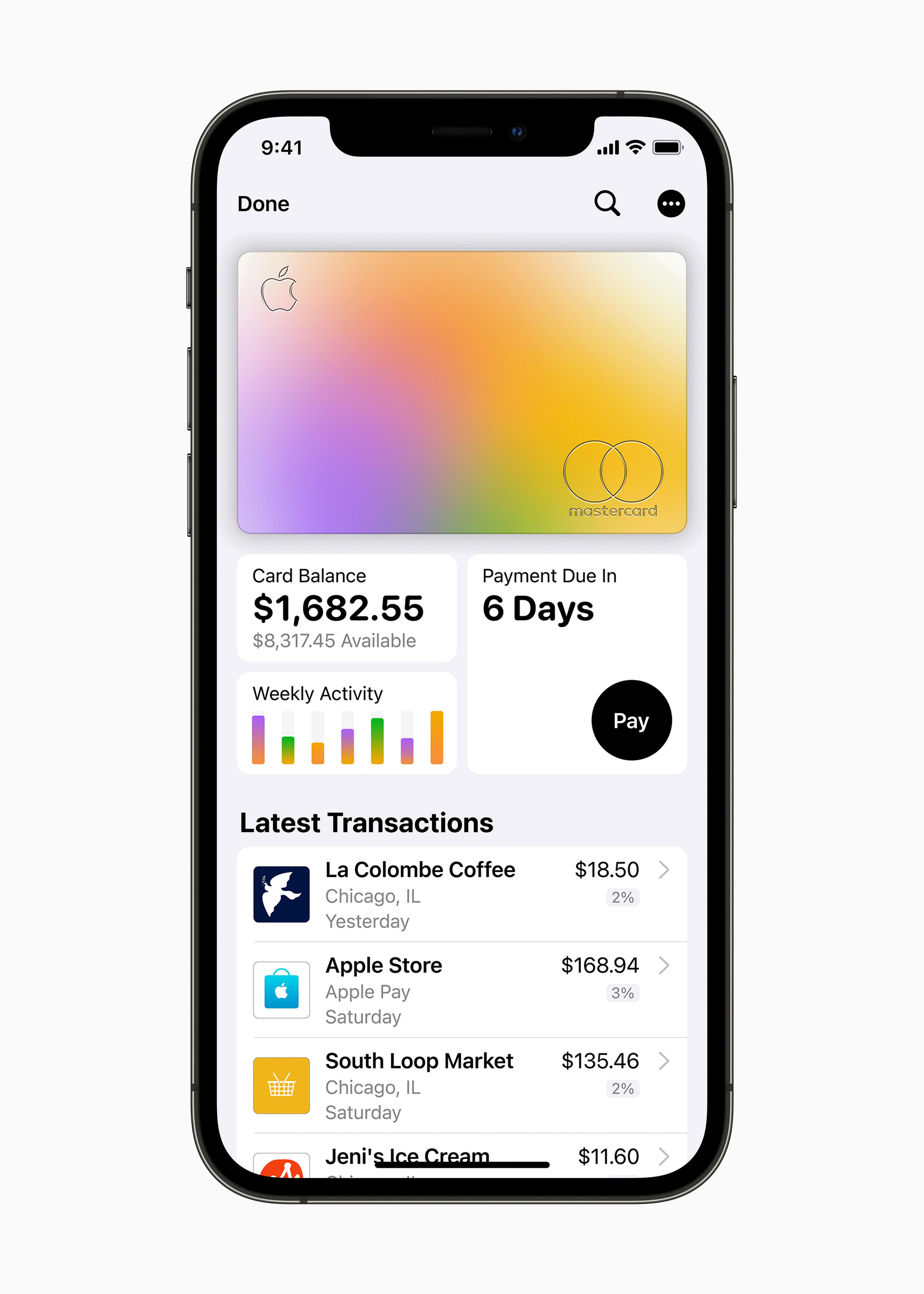Algebra in healthcare administration plays a crucial role in ensuring accurate dosage calculations and medication dispensing. It involves using mathematical formulas and ratios to determine the correct amount of medication based on factors such as the patient’s weight and the prescribed dosage frequency.
One important aspect of algebra in healthcare administration is calculating the flow rate of intravenous drugs. Intravenous medications are often administered through an IV drip, and the flow rate must be carefully calculated to ensure the patient receives the correct amount of medication over a specific time period. Algebra allows medical professionals to determine the appropriate flow rate by considering factors such as the concentration of the medication and the desired dosage.
Another application of algebra is determining the frequency at which a patient should take a certain pill. This involves understanding the prescribed dosage instructions and using algebraic equations to calculate the intervals between doses. For example, if a medication needs to be taken every 8 hours and the patient is due for their next dose, algebra can be used to determine the correct time for administration.
In addition to dosage calculations, algebra is also used in healthcare administration to determine the appropriate pill size to give to a patient. Medications are often available in different strengths, and it is important to select the right pill size based on the prescribed dosage. Algebraic equations can be used to calculate the number of pills needed to achieve the desired dose, taking into account the strength of each pill.
Furthermore, algebra is valuable in converting units of measurement in the healthcare field. Medical professionals often need to convert between different systems of measurement, such as converting pounds to kilograms or milliliters to liters. Algebraic formulas and ratios enable accurate and efficient conversions, ensuring that measurements are recorded and communicated correctly.
Mathematical accuracy is vital in healthcare administration, as even a small error can have serious consequences for patient safety. Medical assistants must possess strong algebraic skills to ensure precise medication dosing, proper unit conversions, and accurate calculations of flow rates and pill sizes. By understanding and applying algebraic principles, healthcare professionals can provide optimal care and minimize the risk of medication errors.
Algebra plays a critical role in healthcare administration by enabling accurate dosage calculations, medication dispensing, and unit conversions. Medical professionals rely on algebraic formulas and ratios to ensure patients receive the correct medication in the appropriate dosage. Strong algebraic skills are essential for healthcare professionals to provide safe and effective care.

How is Algebra Used in Healthcare?
Algebra is a fundamental mathematical concept that is used extensively in healthcare to calculate dosages, determine flow rates, and solve various other medical equations. Here are some specific examples of how algebra is used in healthcare:
1. Dosage calculations: Algebra is used to calculate the correct dosage of medications based on factors such as a patient’s weight, age, and the concentration of the medication. By using algebraic equations, healthcare professionals can determine the appropriate amount of medication to administer to ensure patient safety and effectiveness of treatment.
2. Flow rate calculations: In intravenous (IV) therapy, algebra is used to calculate the flow rate at which a medication or fluid needs to be administered. By applying algebraic formulas, healthcare providers can determine the appropriate drip rate to ensure a consistent and controlled delivery of medication or fluids to the patient.
3. Drug administration: Algebra is used to determine the correct size and dosage of pills or tablets to be given to patients. By using algebraic ratios and formulas, healthcare professionals can calculate the appropriate pill size or number of tablets needed based on the prescribed dosage and patient-specific factors.
4. Drug concentration calculations: Algebra is used to calculate the concentration of a drug in a solution or mixture. By using algebraic equations, healthcare providers can determine the appropriate amount of drug to be added to a solution to achieve the desired concentration for administration.
5. Medical research and data analysis: Algebra is used in healthcare research to analyze data, perform statistical calculations, and create mathematical models. By using algebraic techniques, researchers can identify trends, draw conclusions, and make predictions based on large sets of medical data.
6. Medical imaging: Algebra is used in medical imaging techniques such as X-rays, CT scans, and MRI scans. Algorithms based on algebraic equations are used to process and analyze the images, allowing healthcare professionals to diagnose and treat various medical conditions.
Algebra plays a crucial role in healthcare by enabling healthcare professionals to calculate dosages, determine flow rates, analyze data, and solve various medical equations. Its application in the healthcare field ensures accurate and effective patient care.
How Does Math Apply to a Medical Administrative Assistant?
Math is an essential skill for medical administrative assistants as it is used in various aspects of their daily responsibilities. Here are some ways math applies to the role of a medical administrative assistant:
1. Medication Calculations: Medical administrative assistants may be responsible for calculating medication dosages for patients. This requires them to accurately calculate the correct amount of medication based on the patient’s weight, age, and prescribed dosage.
2. Metric System Conversions: The medical field predominantly uses the metric system for measurements. Medical administrative assistants need to be proficient in converting measurements between different units, such as milligrams to grams or liters to milliliters.
3. Vital Signs: Monitoring and recording patients’ vital signs, such as temperature, pulse rate, blood pressure, and respiratory rate, are crucial tasks for medical administrative assistants. They need to accurately measure and document these values using numerical data.
4. Lab Tests: Medical administrative assistants may assist in collecting and processing lab samples. They need to understand and interpret numeric values obtained from lab tests, such as blood glucose levels or cholesterol levels, and accurately report them.
5. Financial Transactions: Medical administrative assistants often handle financial transactions, such as billing patients or processing insurance claims. They need to calculate costs, deductibles, co-pays, and ensure accurate financial records.
6. Scheduling and Time Management: Math skills are also useful in scheduling appointments and managing time effectively. Medical administrative assistants need to calculate appointment durations, allocate time slots, and coordinate schedules efficiently.
7. Inventory Management: Medical administrative assistants may be responsible for managing inventory and ordering medical supplies. This involves calculating quantities, costs, and maintaining accurate records to ensure proper stock levels.
8. Data Analysis: Medical administrative assistants may assist in analyzing and interpreting data for various purposes, such as tracking patient outcomes or evaluating the effectiveness of certain treatments. This requires basic statistical calculations and data interpretation skills.
9. Budgeting and Financial Planning: Math skills are essential for medical administrative assistants involved in budgeting and financial planning activities. They need to calculate expenses, revenues, and analyze financial data to assist in decision-making processes.
Math is an integral part of a medical administrative assistant’s role. From medication calculations to vital signs, lab tests, financial transactions, and data analysis, accurate math skills are crucial for ensuring efficiency, accuracy, and patient safety in administrative tasks within a medical setting.
What is an Example of Math in Healthcare?
An example of math in healthcare can be seen in the process of dispensing medications. When a doctor prescribes a certain dosage of a medication, healthcare professionals, such as nurses or pharmacists, need to calculate the appropriate amount of medication to give to the patient. This involves mathematical calculations to ensure accurate dosing.
For instance, let’s say a doctor orders half a gram of a particular drug to be administered every 12 hours. To determine the number of pills needed, the healthcare professional needs to consider the strength of the medication available. If the hospital has 250 milligram pills, the nurse must convert the prescribed dosage to milligrams by multiplying 0.5 grams by 1,000, resulting in 500 milligrams.
To calculate the number of pills required, the nurse then divides the total dosage (500 milligrams) by the strength of each pill (250 milligrams). In this case, the calculation would be 500 milligrams divided by 250 milligrams, which equals 2 pills. Therefore, the nurse would need to administer two pills every 12 hours to provide the prescribed dosage.
Mathematics plays a crucial role in healthcare to ensure accurate and safe medication administration. By accurately calculating dosages based on prescribed amounts and medication strengths, healthcare professionals can help prevent medication errors and ensure patients receive the correct treatment.
Why is It Important to Know Your Math When It Comes to Medication Administration?
Knowing your math when it comes to medication administration is of utmost importance for several reasons:
1. Accurate Dosage: Medications are prescribed with specific dosages based on the patient’s weight, age, and medical condition. A slight miscalculation in math could result in administering too little or too much medication, which can have serious consequences for the patient’s health.
2. Patient Safety: Administering the wrong dosage can lead to adverse effects, drug interactions, or even allergic reactions. By having a strong understanding of math, healthcare professionals can ensure the correct amount of medication is given to the patient, minimizing the risk of harm.
3. Preventing Medication Errors: Medication errors are a significant concern in healthcare settings. According to studies, mathematical errors contribute to a significant portion of these mistakes. By being proficient in math, healthcare professionals can reduce the likelihood of errors when calculating and administering medication doses.
4. Drug Concentration: Some medications come in different concentrations or strengths. Understanding math allows healthcare professionals to accurately calculate and adjust the dosage based on the specific concentration of the medication being used. This ensures that patients receive the appropriate amount of medication for their condition.
5. Pediatric and Geriatric Care: Children and older adults often require different dosages due to their unique physiological characteristics. By having a solid grasp of math, healthcare professionals can accurately calculate dosage adjustments for these patient populations, ensuring their safety and well-being.
6. IV Administration: In intravenous (IV) medication administration, accurate calculations are crucial to determine the infusion rate and the amount of medication to be delivered over a specific time period. Math skills are essential to prevent medication errors and complications associated with IV therapy.
Knowing your math when it comes to medication administration is vital for accurate dosing, patient safety, preventing medication errors, adjusting for different drug concentrations, providing appropriate care to pediatric and geriatric patients, and ensuring the proper administration of IV medications. Mastering these mathematical skills is crucial for healthcare professionals to deliver effective and safe healthcare to their patients.
Conclusion
Algebra plays a crucial role in healthcare administration, particularly in the field of medication management. Medical professionals, such as Medical Assistants, rely on accurate math skills to calculate the correct dosage of medication for patients. This involves determining flow rates for intravenous drugs, frequency of pill intake, and appropriate pill sizes.
Math skills are essential in accurately dispensing medications. For example, when a doctor prescribes a certain amount of a drug at a specific interval, Medical Assistants must use algebraic calculations to determine the number of pills or the flow rate required. This ensures that patients receive the correct dose and avoid any potential harm or adverse effects.
Additionally, math skills are essential for converting measurements in the metric system. Medical professionals often need to convert between different units of measurement to ensure accuracy in medication administration. This may involve converting milligrams to grams, liters to milliliters, or other conversions specific to the medication being administered.
Beyond medication management, algebra is also used in various other aspects of healthcare administration. It is utilized in calculating vital signs, interpreting lab test results, and performing clerical office work. Accurate math skills are crucial in maintaining patient safety and ensuring efficient healthcare operations.
It is important to emphasize that even the smallest math error can have serious consequences in healthcare. Mistakes in dosage calculations can lead to severe illness, injuries, or even the loss of life. Therefore, healthcare professionals must possess strong algebraic skills and be diligent in their calculations to prevent any potential harm to patients.
Algebra is a fundamental skill for Medical Assistants in healthcare administration. From medication management to metric system conversions and various other tasks, accurate math skills are essential for providing safe and effective healthcare. Medical professionals must prioritize math proficiency and continually strive for accuracy in their calculations to ensure the well-being of their patients.













